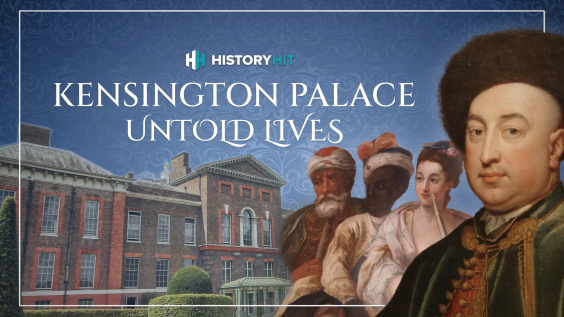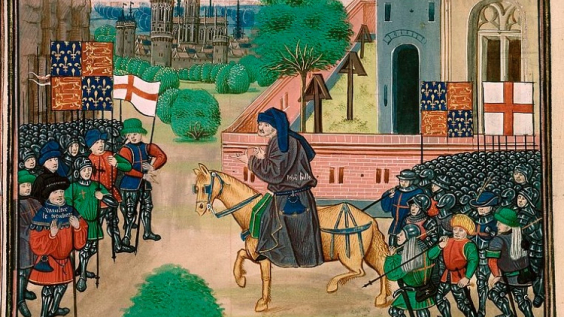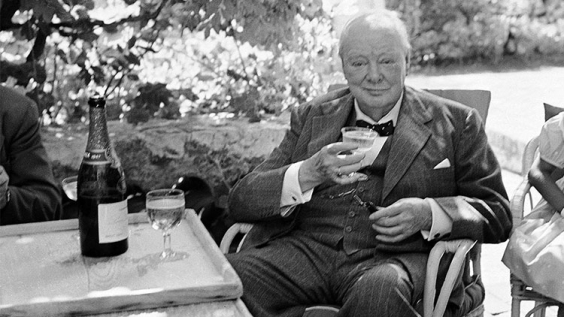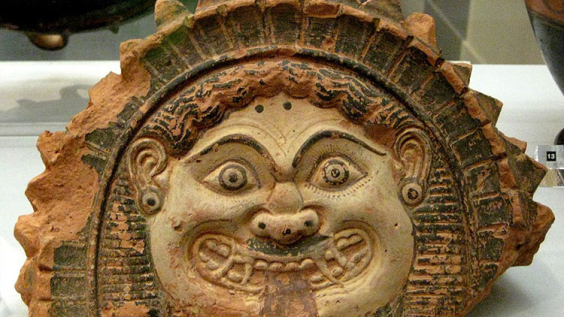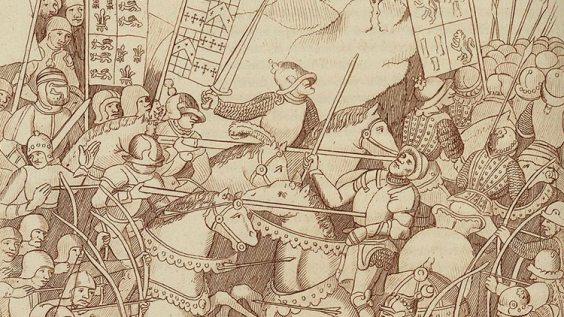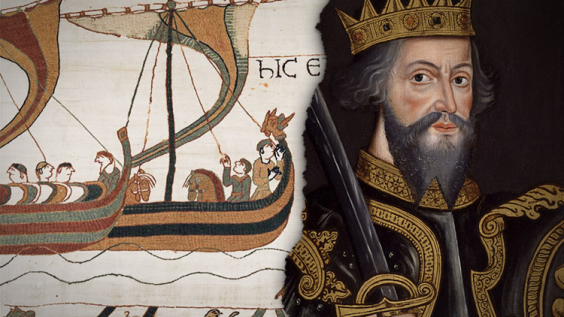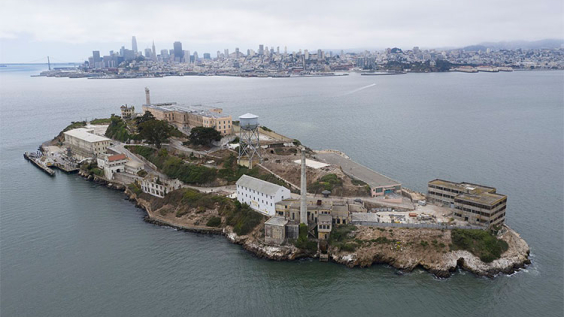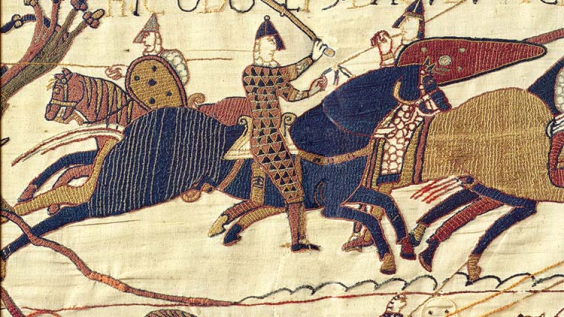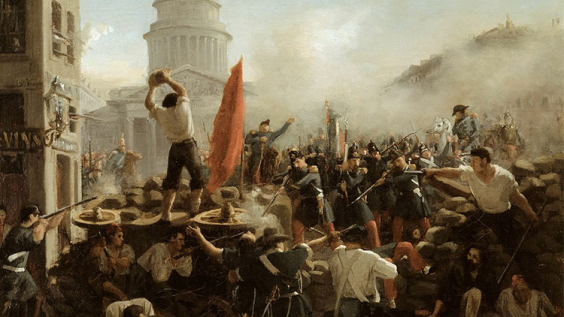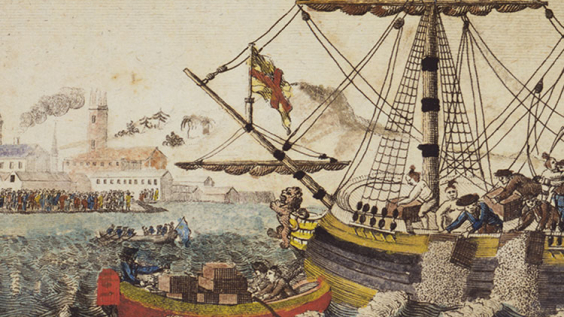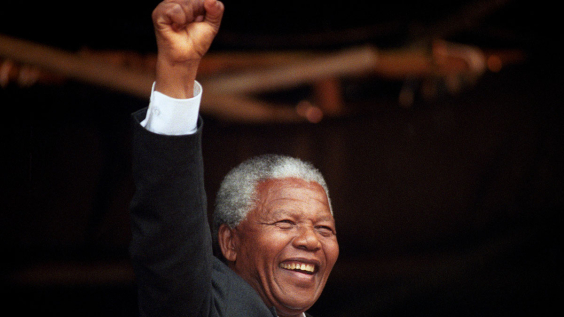
There’s generally a consensus that the 18th-century British Empire in India was an empire of slavery and despoliation, but many believe that things improved greatly in the 19th century. Indeed, historians like Niall Ferguson claim that the 19th century was completely different, that the British Raj was enlightened. After all, the seeds of modern globalisation, scientific revolution, individual liberty and the rule of law were all sowed in the 19th century.
This article is an edited transcript of Inglorious Empire: What the British Did to India with Shashi Tharoor on Dan Snow’s History Hit, first broadcast 22 June 2017.
Liberal Enlightenment ideas were indeed all the rage in 19th-century Britain and they enthused many of those who came to rule. In practice, however, a lot of those notions didn’t apply to Indians, an oversight that seems to have been acknowledged when you look at private communications between members of the British ruling class.
The illusion of change
The East India Company’s rule of India continued until 1857, when the first Indian revolt led to the formal assumption of authority by the Crown. But the transition was not as big as people tend to think.
In fact, the Crown had been de facto controlling India anyway, ever since an act of parliament in 1774 that put a supervisory parliamentary committee on top of the East India Company. From then on, the government was calling the shots.
 Listen Now
Listen NowQueen Victoria made a famous proclamation in which she announced that Britain would now rule for the benefit of Indians and that she’d do everything to associate her Indian subjects with governance.
Such a laudable sentiment is all very well but there’s plenty of evidence to suggest that it was little more than that.
There’s an 1877 letter from Lord Lytton, Viceroy of India, to Queen Victoria, in which he made sure she knew that Britain couldn’t really give the Indians any actual authority and power over their own affairs.

Queen Victoria’s 1858 proclamation that Britain would now rule for the benefit of Indians was less transformative than many think.
The British rulers were very honest with each other about India behind closed doors. As late as 1928 the home secretary, Sir William Hicks, is quoted as saying, “There’s all this nonsense about India being ruled for the benefit of Indians, this is utter cant and hypocrisy”. He continued, “We seize India by the sword and we rule it by the yard stick and we shall continue to do both in our interest, in the interest of Britain”.
Those were the kind of things that British leaders admitted to each other in private, despite the public appearance of wanting to benefit Indians – something that was belied by their actions throughout.
The rule of law
The rule of law was applied in India with excessive attention to the skin color of the defendant. During about 200 years of British rule you can barely find three cases of an Englishman being convicted and executed for murdering Indians.
That is despite the fact that hundreds of Indians were killed every year by British people, who usually received complete impunity or at most a mild fine or a couple of days in the cooler.
 Watch Now
Watch NowWhen Englishmen kicked their Indian domestic servants to death, which was a frequent occurrence, with literally dozens of cases taking place every year, the same convenient explanation was often proffered.
According to the standard line of defence, the Indians were terribly malarial and so had enlarged spleens. Therefore it wasn’t the kicker’s fault – the poor fellow died of a ruptured spleen, not murder!
When a relatively enlightened viceroy tried to pass a bill that would have allowed Indian judges to try English defendants, there was such an uproar that he had to resign prematurely and return to England.
There was simply no willingness to overlook the canons of race prejudice when it came to the rule of law.



